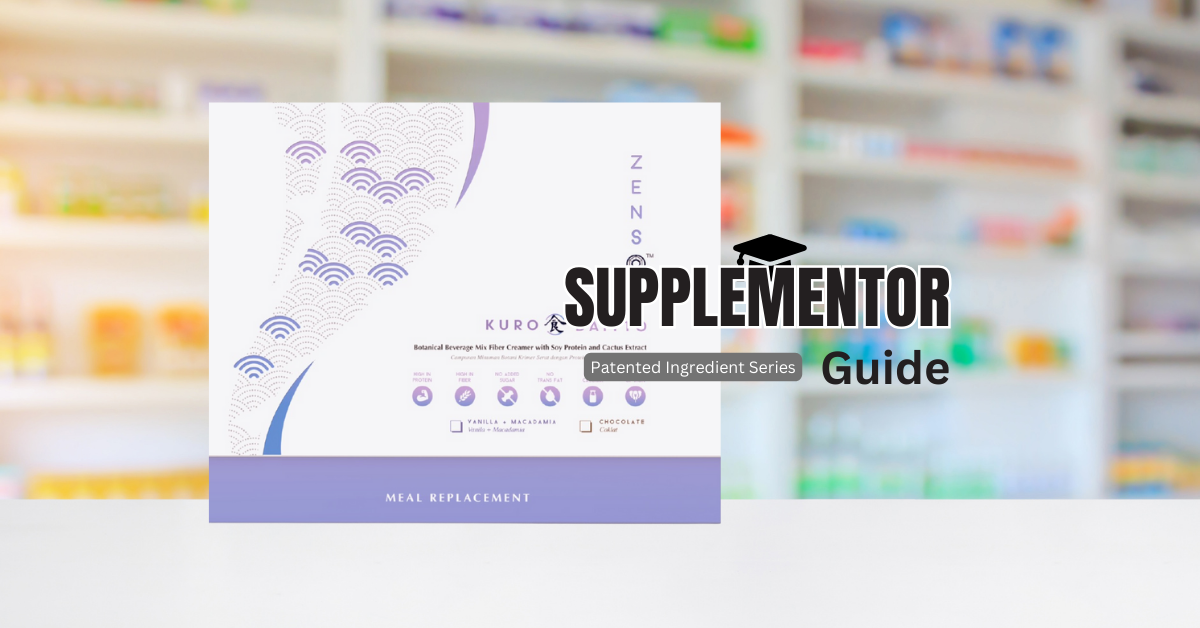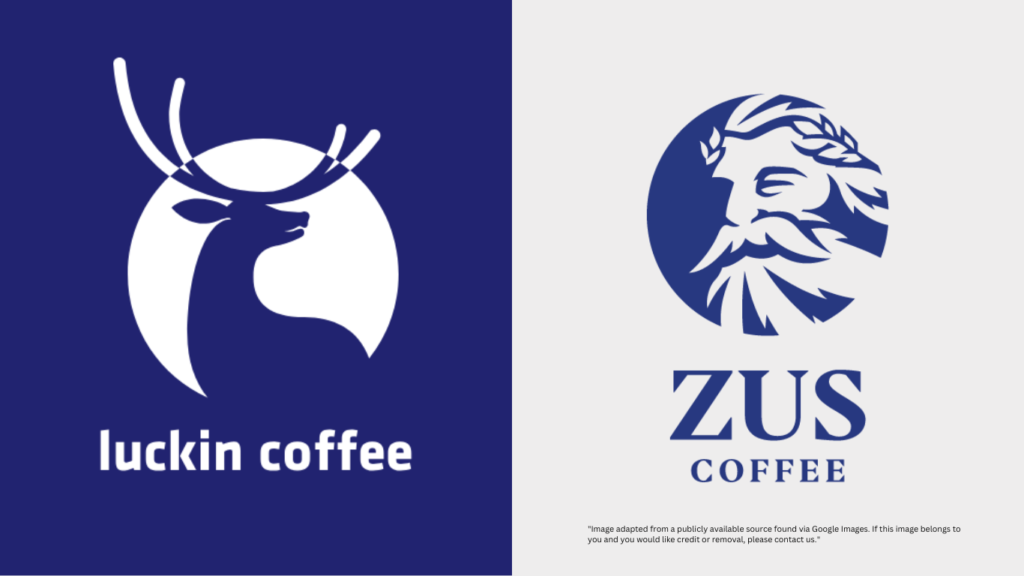Introduction
Slimaluma®, a proprietary extract derived from the Caralluma Fimbriata plant, has garnered considerable attention in recent years as a natural appetite suppressant and weight management aid. This detailed review explores its historical usage, phytochemical composition, biological mechanisms, clinical and preclinical evidence, potential health benefits beyond weight loss, safety profile, and future research directions.
Historical Background
Caralluma Fimbriata is a succulent plant native to India and parts of the Middle East. Traditionally, it has been consumed by indigenous tribes for its ability to suppress hunger and enhance endurance during long hunting trips and periods of food scarcity. The plant is typically eaten raw, boiled, or preserved in pickles and chutneys.
Ethnobotanical Uses
- Food Preservative: Used as a vegetable in rural Indian cuisine.
- Medicinal Plant: Employed in traditional medicine to treat various ailments including diabetes, inflammation, and pain.
- Hunger Suppressant: Historically, hunters and laborers chewed the plant to stave off hunger during long periods without food.
Phytochemical Composition
The efficacy of Slimaluma® is attributed to its rich phytochemical profile. Key bioactive compounds include:
- Pregnane Glycosides: Thought to influence hunger-regulating mechanisms.
- Flavonoids: Known for their antioxidant properties.
- Megastigmane Glycosides: Contribute to metabolic regulation.
- Saponins: Have various pharmacological effects, including lipid metabolism modulation.
Mechanisms of Action
Appetite Suppression
Pregnane glycosides are the primary constituents responsible for the appetite-suppressing effects of Slimaluma®. These compounds interact with the hypothalamus, a critical brain region that regulates hunger and satiety. By modulating the signaling of neuropeptides such as ghrelin and leptin, Slimaluma® can reduce the sensation of hunger and help control food intake.
- Ghrelin Inhibition: Ghrelin is a hormone that stimulates appetite. Pregnane glycosides may reduce ghrelin levels, leading to decreased hunger.
- Leptin Sensitivity: Leptin is a hormone that signals satiety. Slimaluma® may enhance leptin sensitivity, promoting a feeling of fullness.
Metabolic Effects
Slimaluma® may also enhance fat metabolism through the activation of various enzymes involved in lipolysis.
- Lipase Activation: Enzymes such as hormone-sensitive lipase (HSL) break down stored triglycerides into free fatty acids, facilitating their use as energy.
- AMPK Pathway: Activation of AMP-activated protein kinase (AMPK) enhances cellular energy expenditure and promotes fat oxidation.
Scientific Evidence
Clinical Studies
Numerous clinical trials have evaluated the effectiveness of Slimaluma® for weight management and appetite suppression.
- 12-Week Randomized Controlled Trial: Published in Appetite, this study involved 50 overweight participants. The Slimaluma® group showed a significant reduction in hunger levels and waist circumference compared to the placebo group. Participants reported a decrease in food intake and an increased feeling of fullness.
- 60-Day Double-Blind Study: Reported in Complementary Therapies in Medicine, this trial included 89 overweight subjects. Those who received Caralluma Fimbriata extract experienced a notable decrease in body weight, body mass index (BMI), and hip circumference. The extract group also reported fewer hunger pangs and a reduced desire to snack.
- 8-Week Open-Label Trial: Conducted with 40 obese individuals, this study found that participants taking Slimaluma® exhibited significant weight loss, reduced waist-to-hip ratio, and improved metabolic markers such as fasting blood glucose and lipid profile.
Preclinical Studies
Animal studies provide additional insights into the potential mechanisms and benefits of Slimaluma®.
- Rat Studies on Appetite Regulation: Research on rats has demonstrated that Caralluma Fimbriata extract can suppress appetite and reduce body weight gain. These effects are associated with alterations in hypothalamic neurotransmitter levels, specifically reductions in neuropeptide Y (NPY), which stimulates feeding behavior.
- Metabolic Studies in Rodents: Studies have shown enhanced lipolysis and increased expression of genes involved in fat metabolism in rats treated with the extract. These findings suggest a dual mechanism of reducing food intake and promoting fat utilization.
Additional Health Benefits
Endurance Enhancement
Traditional usage suggests that Caralluma Fimbriata can improve physical endurance. This benefit is supported by anecdotal evidence and some animal studies indicating enhanced stamina and reduced fatigue.
- Human Studies: Limited clinical data suggest potential improvements in exercise performance, although more research is needed.
- Animal Models: Studies on rodents indicate increased time to exhaustion in treadmill tests, likely due to improved fat metabolism and energy utilization.
Antioxidant Properties
The flavonoids and other polyphenolic compounds in Caralluma Fimbriata exhibit significant antioxidant activity. These compounds help scavenge free radicals, reducing oxidative stress and inflammation.
- In Vitro Studies: Demonstrated strong antioxidant activity, comparable to standard antioxidants like ascorbic acid.
- In Vivo Studies: Animal models have shown reduced markers of oxidative stress in tissues, suggesting potential protective effects against oxidative damage.
Anti-Inflammatory Effects
Caralluma Fimbriata may also possess anti-inflammatory properties, which could contribute to its overall health benefits.
- Cytokine Modulation: The extract has been shown to reduce levels of pro-inflammatory cytokines such as TNF-α and IL-6 in animal models.
- Chronic Disease Prevention: By reducing inflammation, Caralluma Fimbriata may help mitigate the risk of chronic diseases associated with inflammation, such as cardiovascular disease and diabetes.
Precautions and Contraindications
- Pregnancy and Lactation: Due to a lack of sufficient safety data, pregnant and breastfeeding women should avoid using Slimaluma® without medical advice.
- Medical Conditions: Individuals with underlying health conditions, especially those related to metabolism and digestion, should consult a healthcare provider before starting the supplement.
Dosage and Administration
The typical dosage of Slimaluma® ranges from 500 mg to 1,000 mg per day, divided into two doses. It is usually recommended to take the supplement 30-60 minutes before meals to maximize its appetite-suppressing effects.
Future Research Directions
While existing studies provide promising results, further research is needed to fully understand the potential benefits and mechanisms of Slimaluma®.
- Long-Term Efficacy: More extended clinical trials are required to assess the long-term safety and effectiveness of Slimaluma® for weight management.
- Mechanistic Studies: Detailed studies on the molecular mechanisms of appetite suppression and fat metabolism will help elucidate how Slimaluma® exerts its effects.
- Broader Health Benefits: Research exploring the broader health implications, including its impact on metabolic syndrome, cardiovascular health, and chronic inflammation, would provide a more comprehensive understanding of its therapeutic potential.
Conclusion
Slimaluma®, derived from the Caralluma Fimbriata plant, represents a promising natural supplement for appetite control and weight management. Its traditional use, supported by scientific research, highlights its potential benefits in reducing hunger, promoting weight loss, and enhancing metabolic health. While generally safe, users should be aware of possible side effects and consult healthcare professionals, particularly those with underlying health conditions or those who are pregnant or breastfeeding. As research continues to evolve, Slimaluma® may find broader applications in promoting overall health and well-being.
Disclaimer
The reviews and opinions expressed on this website regarding health supplements are solely those of the individual authors and do not constitute advertisements. These reviews are based on personal experiences and are intended for informational purposes only. They are not a substitute for professional medical advice, diagnosis, or treatment. Always consult with a healthcare provider before starting any new supplement regimen.




